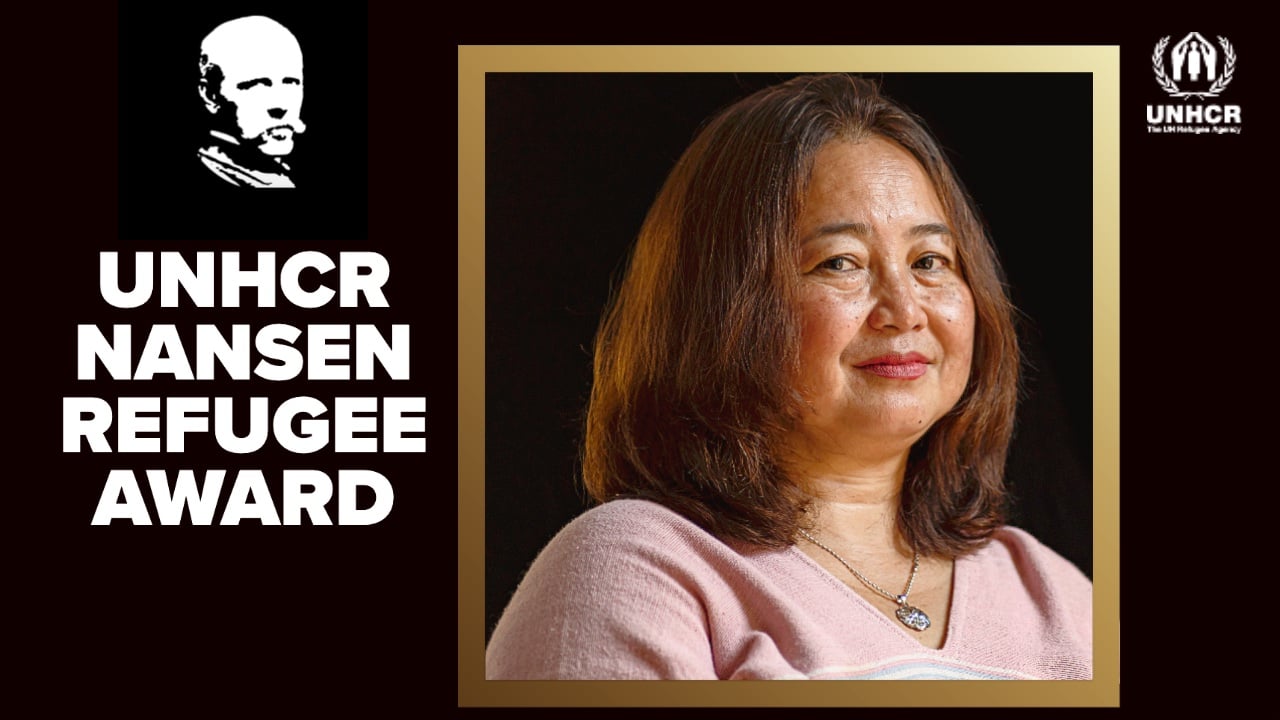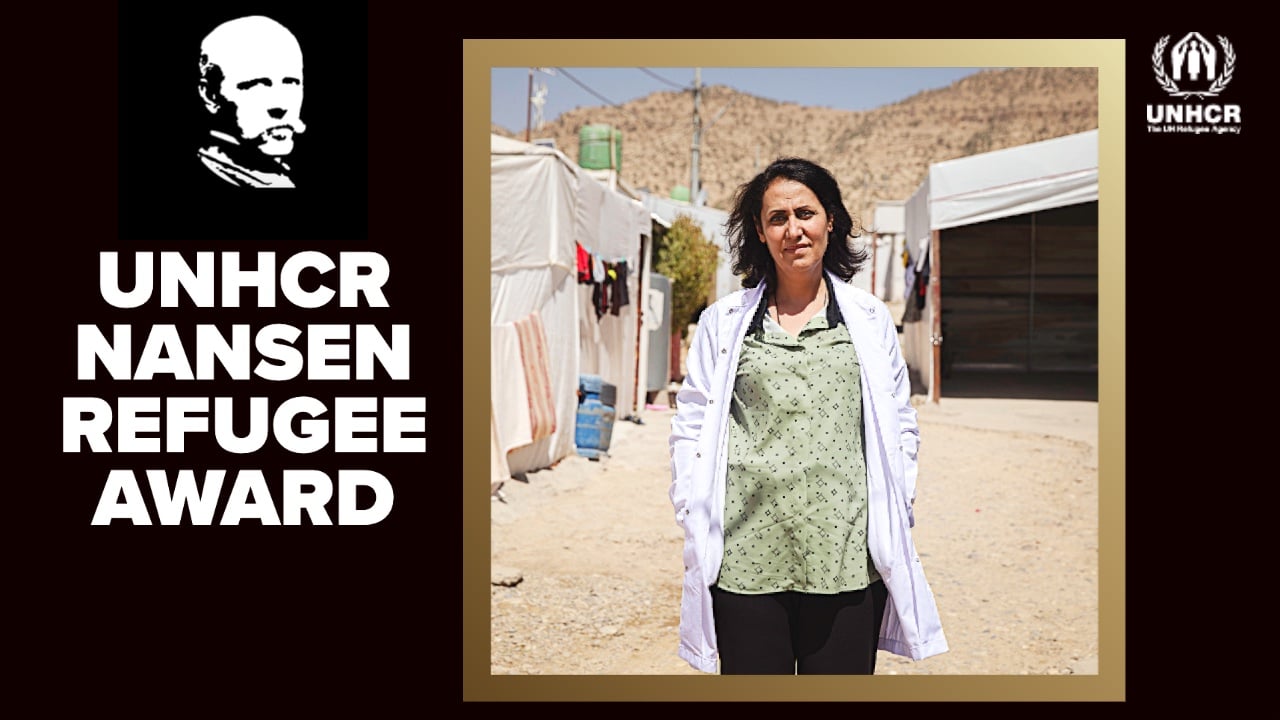Uprooted Pakistanis find home in ex-Afghan refugee village
Uprooted Pakistanis find home in ex-Afghan refugee village

NOWSHERA, Pakistan, January 7 (UNHCR) - For decades it was known as the largest Afghan refugee village in Pakistan, until it was closed last summer and the mud-brick homes torn down. Half a year later the same site is littered with tents housing another displaced population - Pakistanis uprooted within their own country.
Just as Jalozai had provided a safe haven for more than 100,000 Afghan refugees fleeing conflict in their homeland over the years, it is now home to over 11,000 internally displaced people (IDPs) who recently escaped the fighting in the tribal areas bordering Afghanistan. An average of 100 additional families are being accommodated every day.
In fact, this camp in Nowshera district of Pakistan's North-West Frontier Province (NWFP) has been designated as a relocation camp for displaced people living in overcrowded spontaneous settlements in the province.
Khanzada and his family recently moved to Jalozai. "We fled Bajaur Agency [in the Federally Administered Tribal Areas] and had to walk for hours before getting any transport," said the man in his early 50s. "For a few days we stayed in a hotel, then I heard about Sheikh Yasin camp through my friends. For two months we stayed there and then we were shifted to Jalozai."
After such a rough journey one can imagine that the last thing they wanted to do was to move again. But it turned out for the better.
"Sheikh Yasin was one of the spontaneous sites where Bajaur IDPs temporarily sought refuge and received initial emergency assistance," explained Monica Noro, UNHCR's emergency coordinator for the IDP operation. 'However, this small site was plagued by property issues, was highly congested and faced protection problems. Technical assessments also showed that it was prone to waterlogging and that the water table was too high to build anything adequately."
Taking these factors into consideration, the local authorities and aid agencies agreed on the need to close Sheikh Yasin and to relocate the families to Jalozai. "Jalozai is an organized camp which meets international standards and where adequate infrastructure is provided. IDP families can be better assisted and protected," said Noro.
To begin with, there was no property dispute - the Jalozai land is owned by the community and leased to the government. UNHCR cleared and levelled the land, and drew a blueprint to build the camp in an orderly way. It is organized in a grid system, with 20 tents per block, and managed by Pakistan's Commissionerate for Afghan Refugees.
"At Sheikh Yasin, the tents were pitched very closely. If a fire broke out, it would have spread very quickly," said UNHCR's site planner, Efren Mariano. "In Jalozai camp, each tent is pitched in the middle of a plot, allowing for a six-metre gap between tents, which reduces the risk of fire getting out of control. In Sheikh Yasin, latrines were placed far away from the community, with no lights nearby. In contrast, latrines in Jalozai are well lit and built according to the plan. Each block has its own toilets. The blocks will also be covered with plastic sheets to ensure privacy for the IDPs."
UNHCR provided clay, bricks and wood to each family to build their own kitchens - at a safe distance from the tents to prevent fire outbreaks. Surprisingly, it is the usually reserved women who are most active in building these kitchens and UNHCR pays them 500 rupees (US$6.40) each as an incentive.
Khanzada, who ran a school canteen back home, was worried about his children. "I am so concerned about their education," he said. "They were about to sit in the first-term exam but we were forced to flee. My children are very upset about it. Here they have started going to school, but you cannot compare a camp school to a private school in my village."
Agencies like the UN Children's Fund (UNICEF) and the International Rescue Committee (IRC) are trying their best to normalize conditions for the displaced children in Jalozai. Child-friendly spaces have been created and a tent school set up with large classrooms.
To provide basic health care, the World Health Organization (WHO) and its partner are running a clinic in the camp staffed by 10 male and female doctors.
The Jalozai site is being developed to accommodate more than 5,000 IDP families eventually. Once registered, each family is given a package of food and non-food supplies. UNHCR is also providing extra plastic sheets and winterized tents to help the families get through winter.
By Rabia Ali in Nowshera, Pakistan









